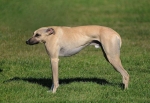- Web
- Humsa
- Videos
- Forum
- Q2A


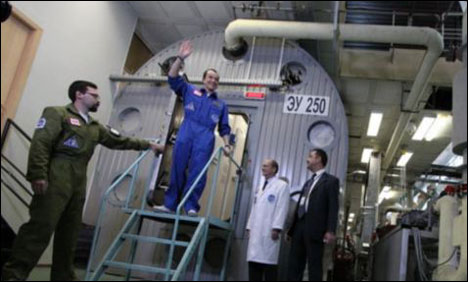
Astronauts chosen for a manned mission to Mars could be in serious trouble if their sleep patterns are disrupted on the lengthy journey, a 520 day simulation has found.
"The success of human interplanetary spaceflight, which is anticipated to be in this century, will depend on the ability of astronauts to remain confined and isolated from Earth much longer than previous missions or simulations," said David Dinges of the University of Pennsylvania, who co-authored the sleep study.
"This is the first investigation to pinpoint the crucial role that sleep-wake cycles will play in extended space missions."Six volunteers -- three Russians, two Europeans and one Chinese -- climbed down a hatch into a 550 cubic meter confinement facility in Russia on June 3, 2010 to study the psychological and medical impacts of a long-term deep space flight.
The mission was broken into three phases: 250 days for the trip to Mars, 30 days on the surface, and 240 days for the return to Earth.More than 90 experiments were conducted, including monitoring the crew's sleep, their performance and psychological responses to the confinement to determine the impact of sleep loss, fatigue, stress, mood changes and personal conflicts.
The crew's body movements were monitored using a device on their wrist, which found that they became more sedentary as the mission progressed and they also answered weekly questionnaires.The majority of the crew members also experienced disturbances of sleep quality, alertness deficits, or altered sleep-wake intervals and timing.
Researchers concluded that spacecraft and surface habitats will need to artificially mimic aspects of Earth's sleep-wake activity cycles, such as appropriately timed light exposure, food intake and exercise.The findings also have implications for the increasing prevalence of sleep disorders in the general population.
The researchers noted that many people in industrial societies have sedentary lifestyles, prolonged exposure to artificial light and see their sleep patterns disrupted by school and work demands. Disrupted sleep has been linked to a number of health conditions, including obesity."A takeaway message from this line of research is the life-sustaining importance that healthy sleep duration and timing plays for everyone," Dinges said in a press release.
"As a global society, we need to reevaluate how we view sleep as it relates to our overall health and ability to lead productive lives. Whether it is an astronaut being challenged to reach another planet or a newborn baby just learning to walk, the human body's need for sleep is as essential as our need for food and water and integral to our ability to thrive."The study was published in the January 7-11 edition of the Proceedings of the National Academy of Sciences
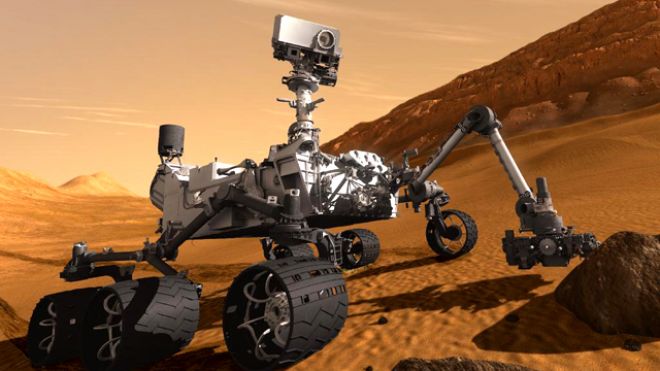 Another problem is preventing the Mars rover Curiosity from resuming its science experiments.
The mission's chief scientist said Monday the rover went into safe mode again over the weekend because of a computer file error. In safe mode, activities are on hold but the rover remains in contact with Earth.
Curiosity was sidelined earlier this month after ..... Read more
Another problem is preventing the Mars rover Curiosity from resuming its science experiments.
The mission's chief scientist said Monday the rover went into safe mode again over the weekend because of a computer file error. In safe mode, activities are on hold but the rover remains in contact with Earth.
Curiosity was sidelined earlier this month after ..... Read more
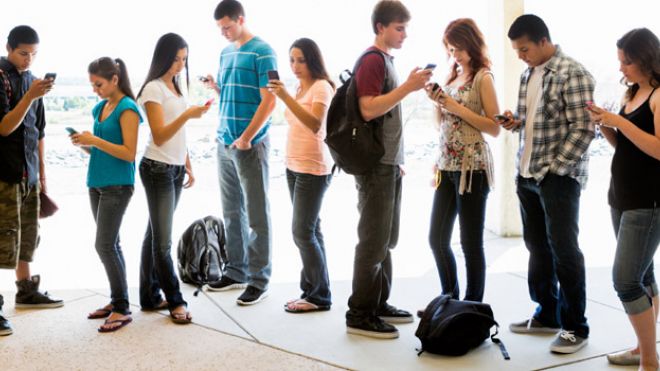 People judge each other on what they drive, what they wear and where they live, so it's not a surprise that people may also judge each other on what electronics they whip out to use in public.
"Identity is interwoven into those kinds of choices," said Coye Cheshire, associate professor of sociology at the Berkeley School of Information.
iPhon..... Read more
People judge each other on what they drive, what they wear and where they live, so it's not a surprise that people may also judge each other on what electronics they whip out to use in public.
"Identity is interwoven into those kinds of choices," said Coye Cheshire, associate professor of sociology at the Berkeley School of Information.
iPhon..... Read more
 IBM's Watson supercomputer has beaten expert "Jeopardy" quiz show contestants, and its predecessor defeated a world chess champion. Now, doctors hope it can help them outsmart cancer.
Oncologists at two medical groups have started to test IBM's Watson's supercomputer system in an effort to improve speed and efficacy of treatments, the company ..... Read more
IBM's Watson supercomputer has beaten expert "Jeopardy" quiz show contestants, and its predecessor defeated a world chess champion. Now, doctors hope it can help them outsmart cancer.
Oncologists at two medical groups have started to test IBM's Watson's supercomputer system in an effort to improve speed and efficacy of treatments, the company ..... Read more






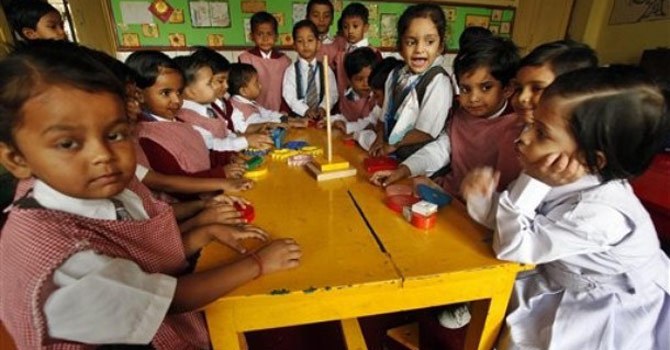





 Clean Chit (Faisal Raza Abidi ...
Clean Chit (Faisal Raza Abidi ...  Akhir Kiyon - 16th December 2...
Akhir Kiyon - 16th December 2...  To The Point - 16th December ...
To The Point - 16th December ...  Capital Talk â
Capital Talk â  Kal Tak - 16th December 2013
Kal Tak - 16th December 2013  Bay Laag - 16th December 2013
Bay Laag - 16th December 2013  Kharra Sach - 16th December 2...
Kharra Sach - 16th December 2...  Awaam - 15th December 2013
Awaam - 15th December 2013 





 Gold Miner
Gold Miner  Superbike GP
Superbike GP  Whipsaw Fighter
Whipsaw Fighter  PacMan
PacMan 